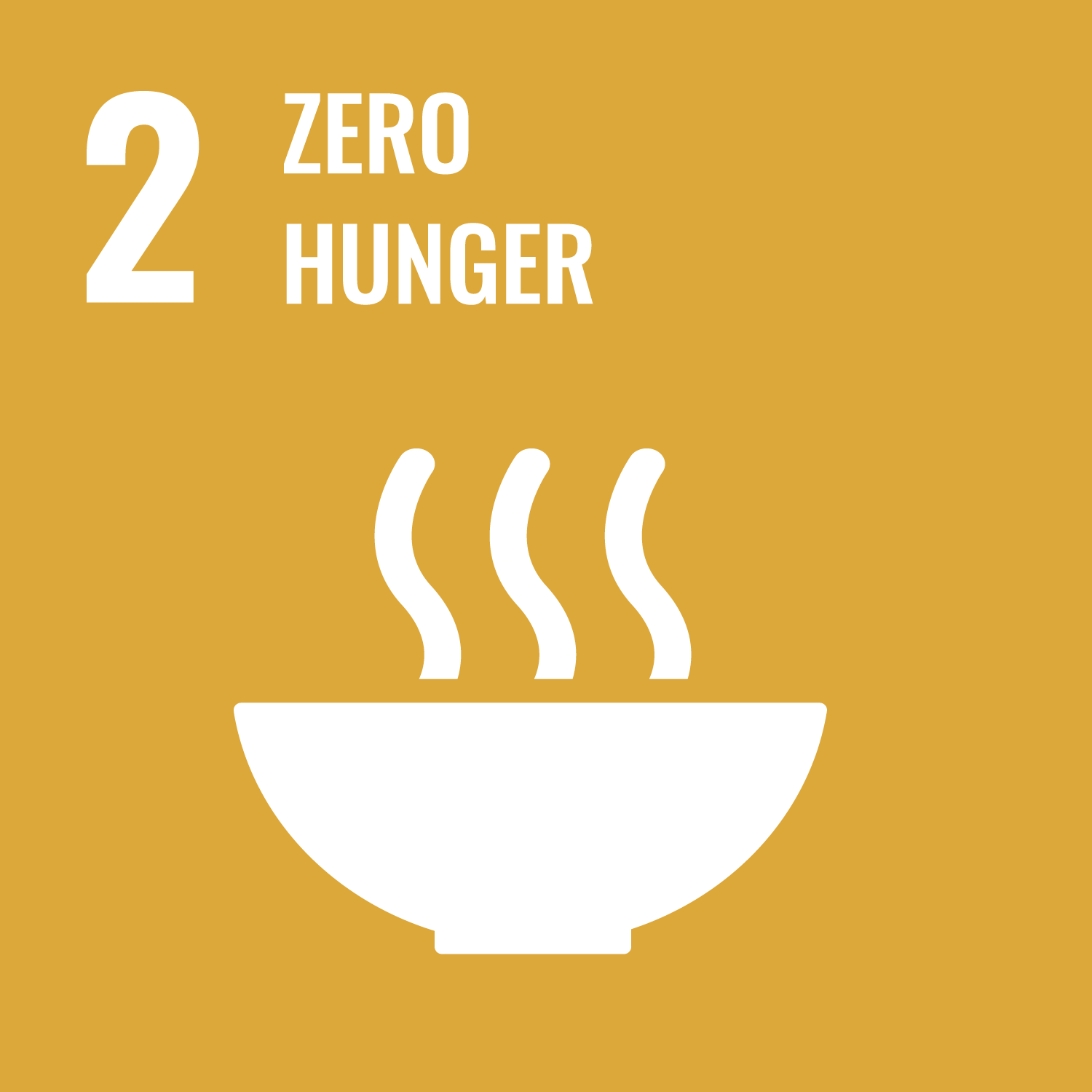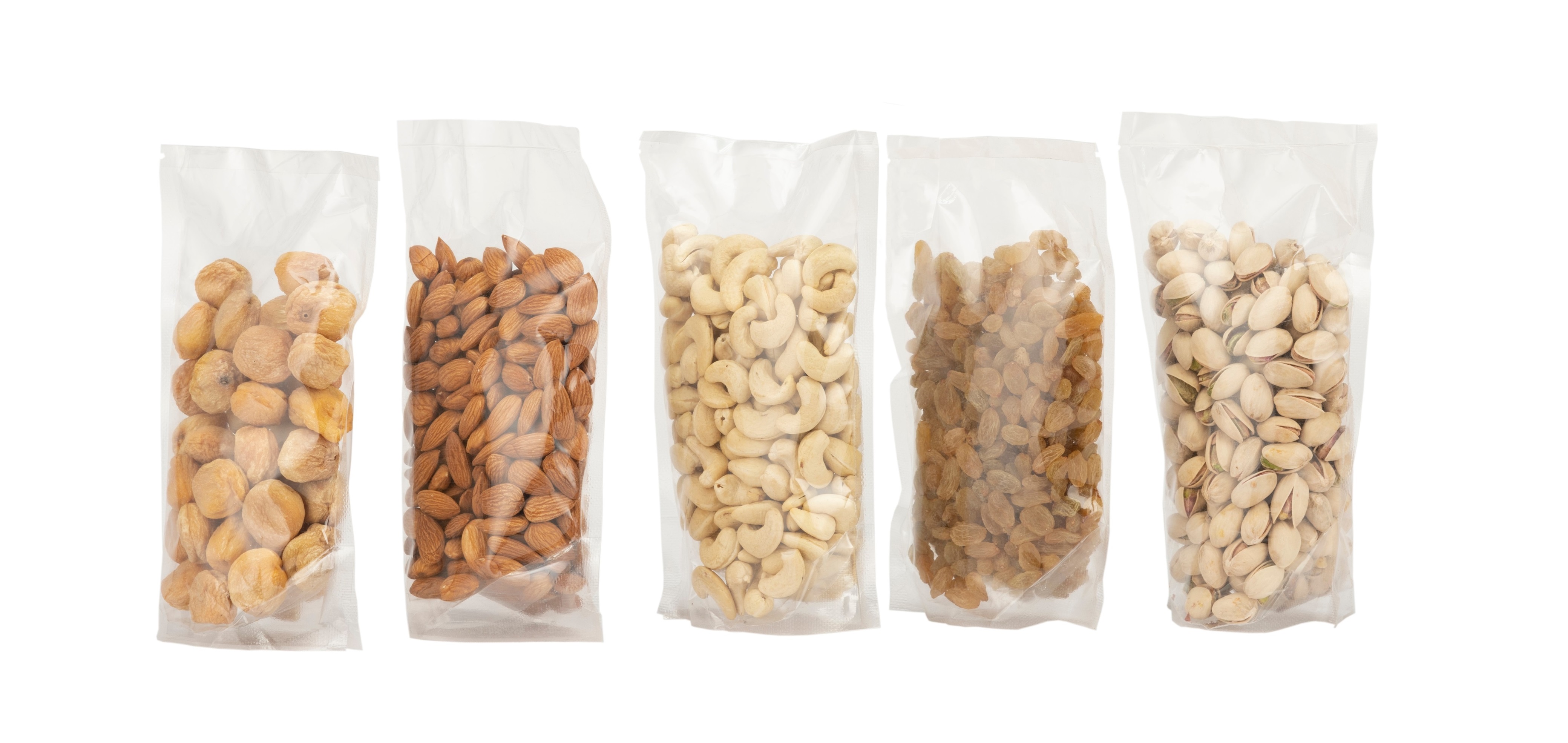Contributing to Safe Supply and Preservation of Food Quality
Mitsubishi Chemical Corporation

Relevant SDG
SDG 2: End hunger, achieve food security and improved nutrition and promote sustainable agriculture
Striving for a Sustainable Food Supply
Currently, 11.3%* of the global population suffers from food insecurity. They do not have anything to eat for the day, and are unsure if they can obtain food in the coming days.
The factors underlying hunger are complex and intertwined, and include conflicts, climate change, natural disasters, and economic disparities. Frequent droughts and flooding due to climate change have a major impact on food production and there have been steep increases in the price of food due to the COVID-19 pandemic and the crisis in Ukraine, causing more rapid growth in hunger.
Meanwhile, one-third of the food produced globally is discarded, enough food to feed around 2 billion people. Such imbalances in food are causing food loss in developed countries even as hunger worsens in developing countries.
The Mitsubishi Chemical Group develops materials that preserve food flavor and quality longer and help to reduce food loss, thereby contributing to solving such social issues.
Through these initiatives, we will continue to contribute to achieving SDG 2 and achieving Zero Hunger by shrinking the gap between global food demand and supply, and reducing food loss.
- *Source: The State of Food Security and Nutrition in the World 2023, UNICEF
Reducing Food Loss and Contributing to Resource Recycling with Nichigo G-Polymer™
Developed by Mitsubishi Chemical, Nichigo G-Polymer™ is a vinyl alcohol resin that excels in being water soluble, creating a gas barrier, and being biodegradable. It is used as barrier packaging that preserves food flavor and quality longer. This material can be melt processed and its properties allow it to be dissolved in water to coat film. It is used as packaging for dehydrated foods and combined with biodegradable resin as barrier packaging. Demand for it is growing, especially in Europe, because it can be expected to reduce food loss.
Nichigo G-Polymer™ also addresses the demand for recyclability of food packaging. Polyvinyl alcohol (PVOH) is typically not very suitable for recycling in polyethylene-based multilayered packaging. However, Nichigo G-Polymer™ BVE8049P has been certified by cyclos-HTP, an organization in Europe that evaluates recyclability, and has been proven to be recyclable when used in polyethylene-based multilayered packaging at 5% or less by weight. Including it not only reduces food loss, it is also expanding the potential as a material that can contribute to resource recycling.
Given the growing demand, MCC began operating a new plant at its Okayama Plant in October 2024, and plans to double the production capacity for Nichigo G-Polymer™ from the current level. This expansion in production capacity will enable MCC to supply more performance products that add high value and continue to contribute to the realization of a sustainable society.

Achieving the SDGs
There are many problems that we must solve in order to achieve Zero Hunger, the goal of SDG 2, including stabilization of global food supply, reducing food loss, and uneven distribution of food. If achieved, however, this will contribute to improvement in health and development of a sustainable society, in addition to providing stability in the lives of people worldwide.
The Mitsubishi Chemical Group is working to build sustainable food production and distribution systems through Nichigo G-Polymer™ and other technologies. We will continue to tackle the challenge of realizing a world without hunger by developing solutions globally.
